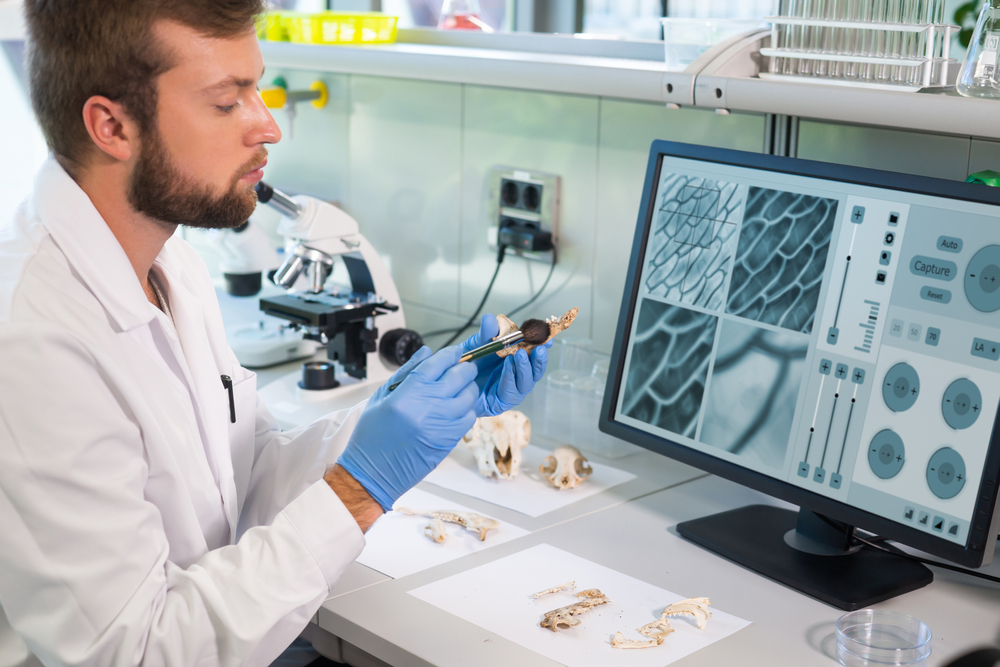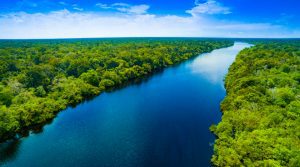Researchers in zoology examine animals’ behavior, traits, and environments. Many zoologists spend time in the habitats of the species they study to gather data and gain a deeper understanding of the creatures they study.
You may travel across countries, continents, and oceans as part of your zoology job. All of your efforts to educate the public about animals and the issues they confront are likely to have a positive impact.
A traveling zoologist, like an ecotourism worker, advocates the preservation of natural areas by highlighting their beauty and highlighting their importance and uniqueness.
Leading tours through national parks, animal reserves, and habitats can be a rewarding career path for someone with expertise in zoology or marine biology.
It’s possible to work with groups that promote environmentally friendly tourism in impoverished nations as a zoologist.
Table of Contents
How do zoologists combine teaching and travel?

Higher education institutions employ zoologists to give classes and undertake research. While pursuing a career in academia, you may be required to spend considerable time studying abroad.
While not in class, you could, for example, collect data on the decomposition of silt and other substances by sea organisms.
It’s, therefore, possible to disseminate your information in the form of lectures, academic papers, or textbooks.
There is a lot of competition for college teacher posts. Although some universities may accept master’s degree holders, you normally need to have a doctoral degree in zoology or a similar subject.
Are zoologists highly involved in conservation efforts?
Conservation efforts may be born out of Zoologists’ collaboration with organizations and government entities.
In 2010, seven out of ten zoologists were employed by state or federal government entities, like the U.S. Fish and Wildlife Service.
It is possible to make a difference in wildlife preservation and management through these government jobs.
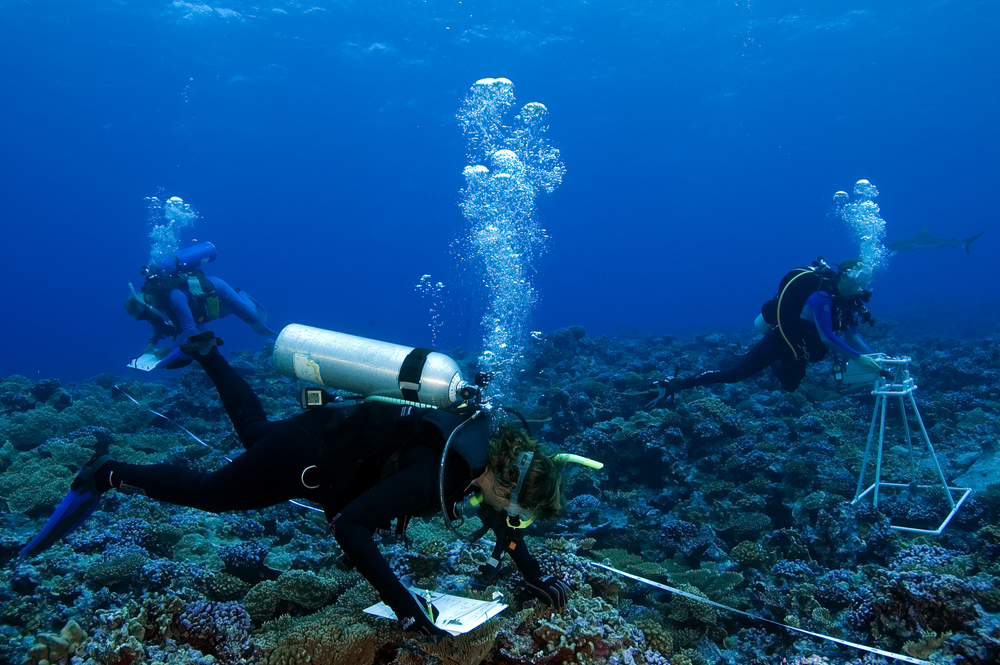
Their passion for marine life leads to rescue missions for beached whales or creatures whose natural habitat has been damaged.
The work of marine biologists could lead to regulations and standards that help species in coastal areas that are being negatively affected by coastal development.
What types of jobs take zoologists on the road?
You can find an animal trainer’s work in a variety of settings, such as a circus, carnival, fair, or in an organization that organizes traveling exhibitions of animals.
Animals may be fed and given medical attention if necessary, as part of their duties. They must adhere to federal animal welfare rules since these employers display animals.
Wildlife organizations, conservation groups, and the media may look for zoologists to document animals and their surroundings.
To watch animals in their native habitat, you may have to go to exotic or remote areas of the world.
As a journalist, creative writer, or producer for television, radio, or the internet, you’ll probably require experience in zoology.
How do zoologists ensure their safety in the field?
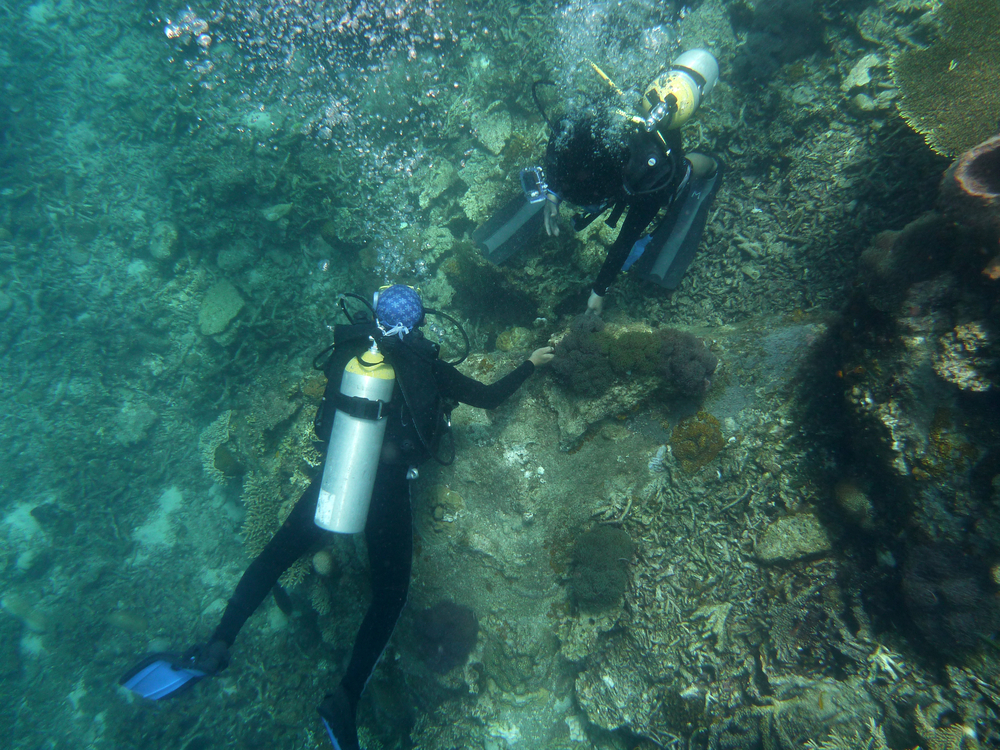
A zoologist’s work can be impacted by the weather they encounter while on the road. When studying amphibians in the desert, they are ready for temperatures to reach above 100 degrees Fahrenheit in the daytime. They are also prepared for sub-zero temps in the Arctic and tundra zones.
They’ll be away from home and work for days, weeks, or even months at a time to complete their research projects.
Fieldwork necessitates a great deal of physical exertion. To research fish in lakes or oceans, they’ll need to be able to swim and have the energy and stamina to rock climb or travel long distances.
What type of background do zoologists need?
Zoology occupations require a bachelor’s degree in zoology, ecology, or wildlife biology. Having a master’s degree will assist you to get a promotion to a higher position in the workplace.
To make sense of the data you collect in the field, a zoologist needs a solid foundation in math and computer science.
You should also take classes in ecology, cellular biology, anatomy, chemistry, and botany to complete your scientific education.
What are the typical duties of zoologists?

- Design and implement a series of experiments using animals in controlled or natural situations.
- Gather biological specimens and data for further study.
- Discover how animals interact with one other and with other species, how the population grows, and how diseases spread across the community. Animals as well as their natural environments are affected by human activities.
- Improve breeding programs for healthy game animals, threatened species, as well as other wildlife groups of land or marine life by conducting research, starting it, and keeping it going.
- Monitor and control the population of wildlife and invasive species.
- Protect human activities against animals and introduced species, like protecting flight safety or food and livestock cultivation, by implementing initiatives to reduce risk.
- Explain your findings in academic papers, presentations, and academic publications.
- Educate academics and the broader public about the findings of your research.
- Establish preservation strategies and provide suggestions to legislators and the public at large regarding wildlife management and conservation challenges.
What types of scientific tests and studies do Zoologists conduct?

Zoologists conduct a wide range of scientific studies and tests. For example, blood samples are taken from wildlife to evaluate their nutritional status, diseases and parasites are checked on animals and tags are applied to animals to track them, etc.
GIS, software packages, and other technology tools are used by zoologists to assess wildlife numbers and follow animal movements.
Aside from predicting the spread of invasive species as well as illnesses, these computer systems can also be used to project changes in the quantity of habitat as well as evaluate other possible risks to animals.
Why do zoologists do so much research?
There are several reasons why zoologists conduct research. Many zoologists, for instance, strive to better our understanding of various wildlife species through their research.
The majority of zoologists work in groups of researchers and technicians. Fisheries biologists, zoologists, and environmental scientists may collaborate to study the impacts of pollution on fish populations.
Vertebrates or invertebrates are the primary focus of a zoologist’s training, followed by a focus on individual species.
Animal behavior and evolution are two examples of zoological topics that can help you identify a fellow biologist.
What is the zoologist’s work environment like?
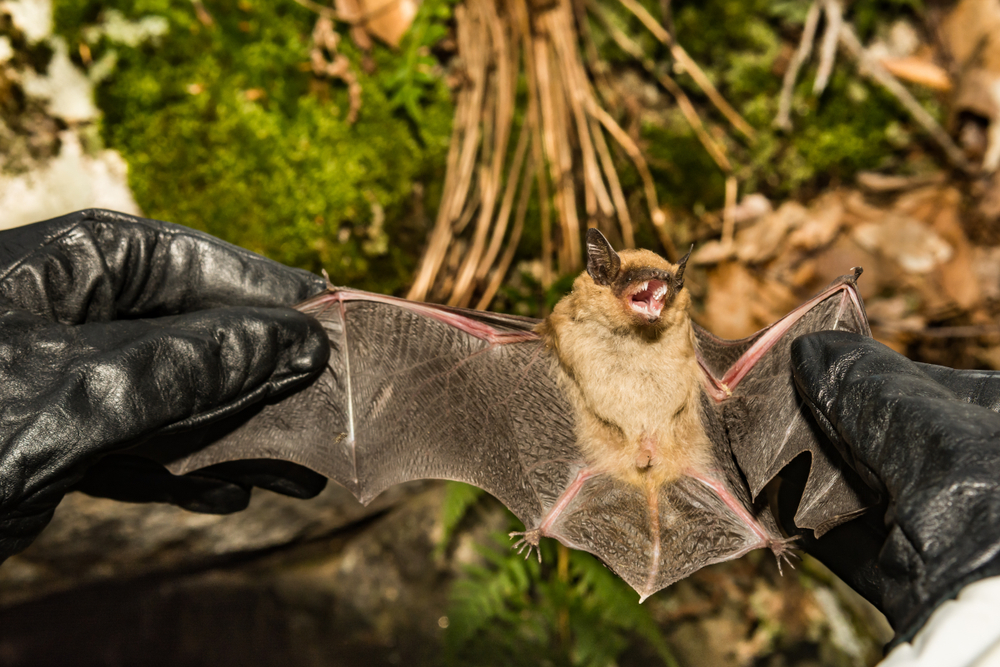
In 2020, there were roughly 18,500 people working as zoologists. In terms of zoologists and wildlife biologists, the most prominent employers were distributed as follows:
- 40% of the state’s budget, excluding education and healthcare.
- 23% of the federal government, excluding the postal service
- Scientific and technical consultancy services accounted for 9% of the total.
- 6% of Zoologists work in post-secondary institutions, including public and private colleges and universities.
- 4% of research and development is in the fields of physics, engineering, and biology.
This profession involves working both inside and outside the laboratory and in the field. They may spend a significant amount of time in the field collecting data while observing wildlife in their native habitat, depending on their employment and personal interests.
Other zoologists may spend little time out in the field.
Do zoologists work in isolated regions?
Zoologists may be required to travel to far-flung regions of the globe as part of their fieldwork.
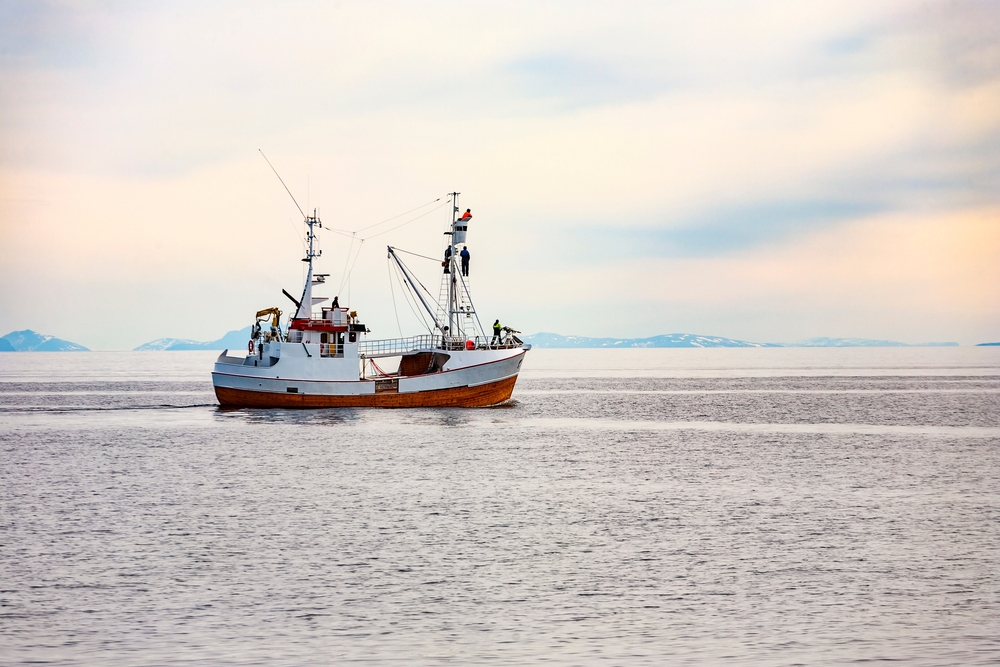
Cetologists, for example, might invest months at sea on a research vessel monitoring whale populations.
Zoologists working in deserts or isolated highland and wooded settings may spend large amounts of time there.
It’s common for people in these professions to view the opportunity to travel as well as research nature intimately as a perk, yet distant regions may not have many modern conveniences available.
In the field, zoologists operate in both hot and cold areas as well as in all weather conditions.
As a zoologist, working in any workplace can be emotionally taxing because of the lack of interpersonal contact.
Do zoologists deal with diseases and injuries?
The work of a zoologist may require them to work with wild creatures or spend considerable time outdoors in harsh weather or challenging terrain.
When working with wild animals or in remote locations, they should use extreme caution to prevent damage and injury.
What sort of employment do zoologists have?
Most zoologists are employed full-time. When conducting fieldwork, they may have to put in long or unusual hours.

Zoologists who study creatures that are active at night may have to work through the night on occasion.
A bachelor’s degree is often required for an entry-level career in zoology, whereas a master’s degree may be required for more advanced roles.
If they want to direct their studies or work at a university, a Ph.D. is often required.
What are the education requirements for Zoologists?
Bachelor’s degrees are often required for zoologists. Zoology, wildlife biology, or a closely related topic such as natural resources are all viable options for students.
In certain cases, individuals major in biology as well as specialize in zoology.
Higher-level research and scientific work in zoology normally necessitate a master’s degree at the very least.
For the vast majority of research roles, both in academia and the private sector, a Ph.D. is required.
The academic, research lab and site visits are common components of courses in the biological and physical sciences.
Data analysis may necessitate additional coursework in mathematics and statistics.
What criteria do zoologists need for job consideration?

The ability to communicate. In addition to publishing scholarly publications, zoologists frequently speak to politicians, the general public, and other academics.
Analytical abilities. To draw inferences from experimental data and scientific observations, zoologists must use solid reasoning and judgment.
Stamina and steadiness in one’s emotional well-being. Zoologists can spend long periods without any human contact.
Dealing with injured or sick wildlife necessitates a certain level of emotional stamina, just like in any other job involving animals.
The ability to interact with others. Teamwork is common among zoologists. If they are to succeed, they will need to be able to effectively collaborate with others to resolve conflicts of interest.
Ability to pay attention. Even the smallest shifts in an animal’s behavior or appearance must be obvious to zoologists.
The ability to function in the natural world. Zoologists may have to cut firewood, swim in frigid water, cross rugged terrain in severe weather, lift heavy loads or gear long distances, or undertake other chores connected with living in isolated regions.
Ability to think beyond the box. Researchers in the field of zoology are constantly looking for the best ways to protect wildlife from challenges like disease and habitat degradation.
What is the job outlook for zoologists?
Zoologists’ employment is only expected to rise by 5% between 2020 and 2030, which is slower than the trend for all jobs.
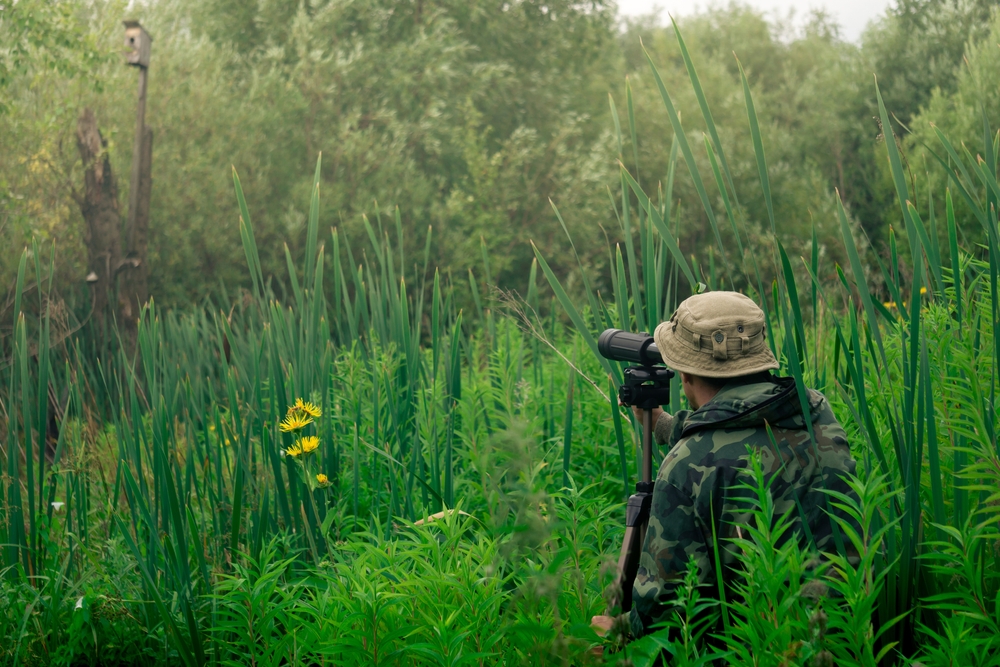
Over the next decade, there’s an expected average of 1,700 zoologist job vacancies per year. For the most part, these vacancies are due to the necessity to replace employees who move into new fields of employment or leave the workforce altogether for various reasons.

